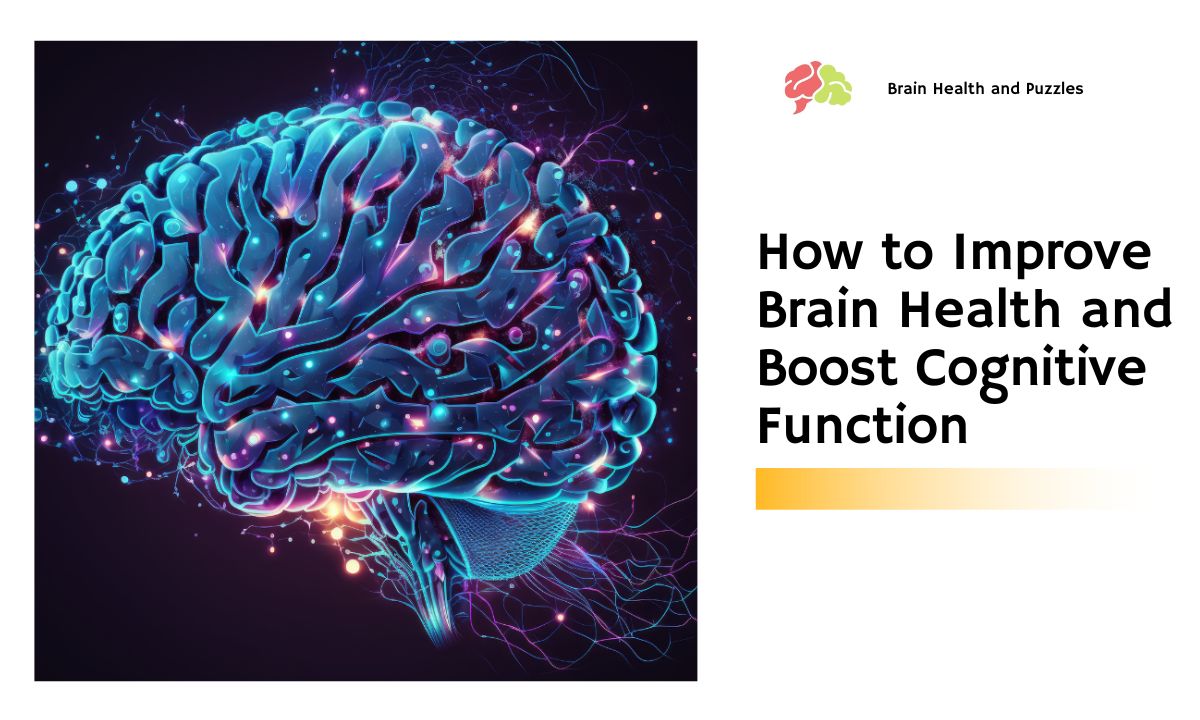Brain Effects of Altruism

What Happens When You Give
People have often wondered what the brain effects of altruism are. Do we do good deeds for personal gain, or is there actually selfless giving? Recent studies have shown evidence of a little of both. Two studies were done to study the brain while subjects were engaging in acts of altruism. The subjects were asked to go through the experiment, observing and making decisions at certain times. While they were doing this, their brain responses, in both cases, were monitored by functional MRI’s.
Functional MRI’s (fMRI’s) are a kind of test in which blood oxygen levels are shown. This specifies in which areas nerve activity is occurring. It’s done through emitting magnetic pulses and measuring the result.
Giving Creates Pleasure
In one of the studies, the subjects were told that money was coming out of their bank accounts to be given to charities. Then, they were given the opportunity to donate to charity willingly. All this time, their brain activity was monitored for the brain effects of altruism. When the people had no choice about whether they gave money to charities or not, an interesting thing happened. They experienced pleasure. This appeared to be one of the brain effects of altruism. The brain area that is active during any pleasurable event lit up on the fMRI.
This is the area that is active when you eat great food that you like. It lights up brilliantly when you are having good sex with someone you prefer. Now, it has been found that altruism affects this same area in the brain. Another part of the same experiment, where the subjects could give to charities of their own free will, had even greater brain effects of altruism. The same area of the brain as before was lit up even more brightly. It seems, from this experience that altruism can cause a brain-induced feeling of pleasure.
Concern For Others
The second experiment had different results. Subjects were put in a room with a computer and a video game, along with the fMRI recording measurements. The subject was to watch the computer play the video game or to personally play the video game. If the game was played successfully, money was to be given to charity. The subjects who watched the computer navigate through the game had a different area in their brains besides the pleasure center activation, particularly during difficult levels.
This part of the brain is usually activated when actions, such as visual threats, are perceived. It seems subjects empathized with the computer as it tried to complete the difficult sections of the game. They feared for the computer. A very different effect of altruism on the brain. In the part of the experiment where subjects played the game themselves, the activity in this special part of the brain was not as active at all.
They weren’t concerned for themselves or their performance. So it turns out in this experiment that people sometimes care more about the success of others, than their own success, even if the other is an inanimate object.
So, while the brain effects of altruism are not completely understood, researchers are working to make the subject clearer. Some research points to the pleasurable effects of altruism. Other research signifies a basic concern with others that has nothing to do with pleasure. In the end, altruism just might be its own reward.




